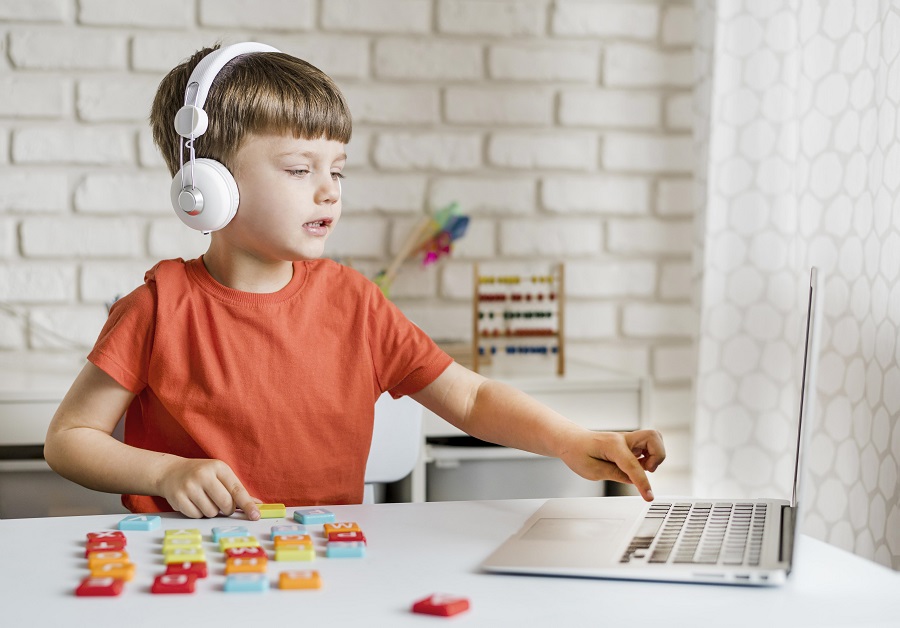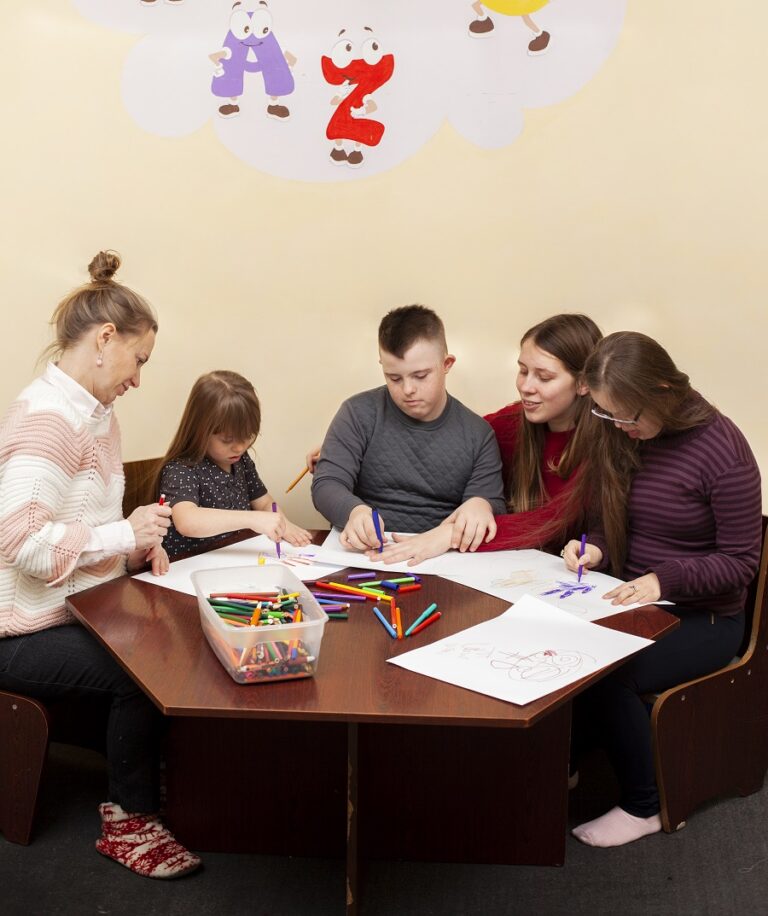Learning Through Play: Best Board Games and Digital Games for Kids
In today’s fast-paced, screen-filled world, engaging children in meaningful learning can be challenging. However, play-based learning continues to be one of the most effective ways for children to develop essential skills. Whether it’s solving puzzles, building strategies, or learning new words, games—both board and digital—offer endless opportunities for growth. When learning feels like fun, children become naturally motivated, absorb concepts faster, and retain information longer.
This article explores some of the best board games and digital games for kids that combine education and entertainment. Whether at home or in the classroom, these games help develop critical thinking, math, language, social, and problem-solving skills.
Why Learning Through Play Works
Children learn best when they are actively involved, and games provide the perfect medium for hands-on engagement. Through playing games, kids learn how to take turns, follow rules, solve problems, manage resources, and work collaboratively. Digital games add an interactive element, often allowing real-time feedback, personalized content, and visual learning.
Here’s a curated list of top learning games, divided into board games and digital apps, that make education feel like playtime.
Top Board Games That Boost Learning
1. Scrabble Junior
Scrabble Junior introduces young learners to the joy of word creation. This game improves spelling, vocabulary, and phonics. With colorful letters and a simpler board layout, even early readers can enjoy it.
Skills developed: spelling, vocabulary, letter recognition, turn-taking
2. Math Bingo
This board game combines the classic bingo format with math problems. Players solve addition, subtraction, multiplication, or division problems to fill their bingo cards.
Skills developed: arithmetic, number sense, quick thinking
3. Monopoly Junior
Monopoly Junior simplifies the classic money-management game for kids. Children learn how to count money, make purchases, and understand basic financial decision-making.
Skills developed: math, financial literacy, decision-making
4. Brain Quest Board Game
Based on the popular Brain Quest cards, this game covers subjects like math, science, reading, and social studies in quiz-style questions suitable for various grade levels.
Skills developed: general knowledge, memory recall, academic confidence
5. Guess Who?
Guess Who? helps children build deductive reasoning and descriptive vocabulary. Players ask yes-or-no questions to figure out the mystery character.
Skills developed: logic, attention to detail, communication skills
6. Ticket to Ride: First Journey
This is a simplified version of the original strategy game Ticket to Ride, where players build train routes across a map. It introduces geography and planning in a fun way.
Skills developed: map reading, planning, spatial thinking
Top Digital Games That Make Learning Fun
1. Khan Academy Kids
This free educational app features interactive lessons on math, reading, logic, and social-emotional learning. It’s filled with colorful animations, stories, and engaging characters.
Skills developed: early literacy, counting, critical thinking, emotional intelligence
2. Prodigy Math Game
Prodigy turns math practice into an epic fantasy adventure. Children solve curriculum-aligned math problems to cast spells, battle creatures, and progress through levels.
Skills developed: math fluency, problem-solving, game-based motivation
3. ABCmouse
Designed for kids aged 2–8, ABCmouse offers lessons in reading, math, science, and art. The app includes puzzles, games, and songs in a structured learning path.
Skills developed: foundational academics, early learning habits, independent learning
4. Lightbot
Lightbot teaches coding and logic through a simple puzzle game. Children use commands to move a robot and solve increasingly complex tasks without needing to know actual programming.
Skills developed: coding basics, logical reasoning, pattern recognition
5. Endless Alphabet
This app turns vocabulary learning into a game. Children drag letters into place to spell words and watch animations that explain each word’s meaning.
Skills developed: letter recognition, vocabulary, spelling, phonics
6. Toca Life World
This open-ended play app lets kids explore different environments, characters, and scenarios. It’s not directly academic but encourages storytelling, creativity, and decision-making.
Skills developed: imagination, storytelling, social interaction
7. Duolingo Kids
A child-friendly version of the popular language-learning app, Duolingo Kids introduces basic vocabulary and phrases in languages like Spanish and French through games and repetition.
Skills developed: language acquisition, listening skills, pronunciation
Combining Board Games and Digital Tools for Maximum Impact
Using both board and digital games allows kids to benefit from diverse learning formats. Board games enhance social skills, physical interaction, and cooperative learning. Digital games offer interactivity, instant feedback, and individualized pacing.
Parents and teachers can alternate between both to keep the experience fresh. For instance, a child might play a word game on a tablet during the week and then play Scrabble with the family on the weekend. This balance supports both independent and group learning.
Tips for Using Games in Learning
- Choose age-appropriate games that align with your child’s current skill level
- Make learning part of daily routines—play a quick word or math game during breaks
- Involve the whole family to build communication and teamwork
- Encourage reflection by asking kids what they learned after each game
- Limit screen time by mixing digital games with physical ones
Conclusion
Learning through play is one of the most powerful and enjoyable ways to support a child’s development. With the right mix of board games and digital games, kids can grow academically, socially, and emotionally—without feeling like they’re studying. Whether they’re spelling new words, solving math problems, or planning their next move in a strategy game, children build skills that last a lifetime.
By introducing these top learning games into daily routines, parents and educators can create a fun, motivating, and impactful learning environment. After all, when children play with a purpose, learning naturally follows.


